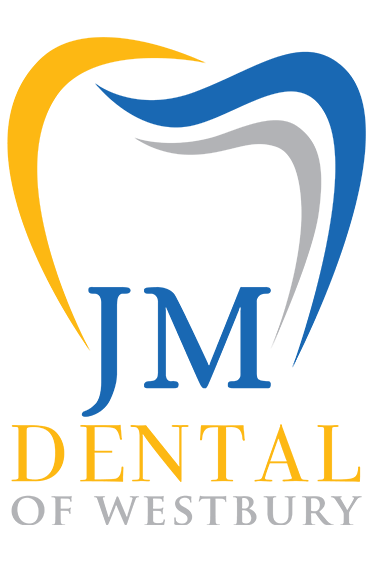Periodontal disease, often called gum disease, is one of the leading causes of tooth loss in adults. In its earliest stages, it may cause mild gum irritation or bleeding when brushing. But when it progresses to an advanced stage, the condition can damage the bone and connective tissues that support your teeth. At that point, many patients begin to ask a critical question: Can advanced periodontal disease be reversed?
At Westbury Dentists, we know how concerning a gum disease diagnosis can be. While advanced periodontal disease cannot be reversed in the traditional sense, it can be managed effectively with the proper treatment and care. With modern therapies and a commitment to oral health, patients can stop further damage and restore function and comfort.
Understanding Advanced Periodontal Disease
Advanced periodontal disease develops when bacteria in plaque and tartar cause chronic inflammation in the gums. Over time, this inflammation spreads below the gumline, damaging bone and tissues that hold teeth in place. Patients may notice symptoms like gum recession, loose teeth, bad breath, or changes in bite alignment as their teeth begin to shift.
By the time the disease has reached an advanced stage, the bone loss that has occurred cannot grow back on its own. However, treatments are available to halt progression and, in some cases, regenerate lost tissue with advanced dental techniques. The key is recognizing the disease early and seeking treatment as soon as possible.
Treatments That Control and Manage the Condition
The primary goal of treating advanced periodontal disease is to stop further damage and stabilize oral health. Deep cleaning procedures, such as scaling and root planing, remove harmful bacteria and smooth the root surfaces so gums can heal. In more severe cases, surgical interventions like flap surgery or bone and tissue grafting may be necessary and in some instances laser therapy can be benefical.
With today’s advances in restorative dentistry, we can also help patients rebuild the function and appearance of their smiles. Crowns, bridges, and implants can replace or strengthen teeth that have been compromised, restoring confidence along with oral health.
The Role of Ongoing Maintenance
Managing advanced periodontal disease isn’t a one-time procedure—it’s a lifelong commitment. Even after treatment, bacteria can still return and cause new infections. That’s why periodontal maintenance appointments are essential. These visits typically occur every three to four months and involve thorough cleanings and careful monitoring of gum and bone health.
At home, daily brushing, flossing, and the use of antimicrobial rinses are critical. Patients who commit to this level of care often maintain their teeth for many years, even with a history of advanced gum disease.
Preventing Periodontal Disease From Progressing
The best way to deal with advanced gum disease is to prevent it from developing in the first place. Regular checkups, professional cleanings, and consistent oral hygiene habits go a long way toward keeping gums healthy. Avoiding smoking and managing systemic health conditions like diabetes also play essential roles in prevention.
For patients already dealing with periodontal concerns, early intervention is vital. Treating gum disease in its early stages makes it possible to reverse the damage before it becomes advanced. That’s why we encourage all of our patients to never ignore bleeding gums, persistent bad breath, or any changes in the way their teeth feel.
A Healthier Future With the Right Care
Advanced periodontal disease cannot be fully reversed, but it can be successfully controlled with modern dental care. With the right combination of professional treatment, home care, and ongoing maintenance, patients can stop the disease from progressing and protect their smiles for years to come.
At JM Dental of Westbury, we are dedicated to providing comprehensive solutions that not only address gum disease but also restore function and beauty to your smile. Through personalized treatment plans and advanced restorative dentistry, we help patients move forward with confidence in their oral health.
Frequently Asked Questions About Restorative Dentistry
Can restorative dentistry help if I’ve lost teeth to gum disease?
Yes. Restorative dentistry offers solutions like bridges, dentures, and dental implants to replace missing teeth. These treatments not only improve appearance but also restore function and prevent further bone loss.
Is restorative dentistry painful for patients with periodontal disease?
Modern restorative procedures are designed with patient comfort in mind. We use advanced techniques and sedation options when needed, making treatment safe and as comfortable as possible, even for patients with sensitive gums.
At JM Dental of Westbury, we believe every patient deserves a healthy, confident smile. From preventive care to advanced periodontal treatments and restorative solutions, we proudly serve the Westbury community with compassionate, expert care. Contact us today to learn how we can help you manage periodontal disease and restore your oral health.

